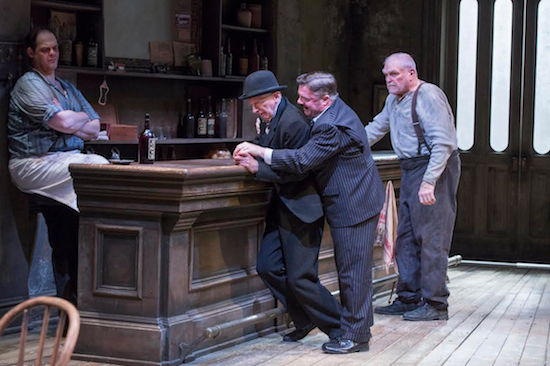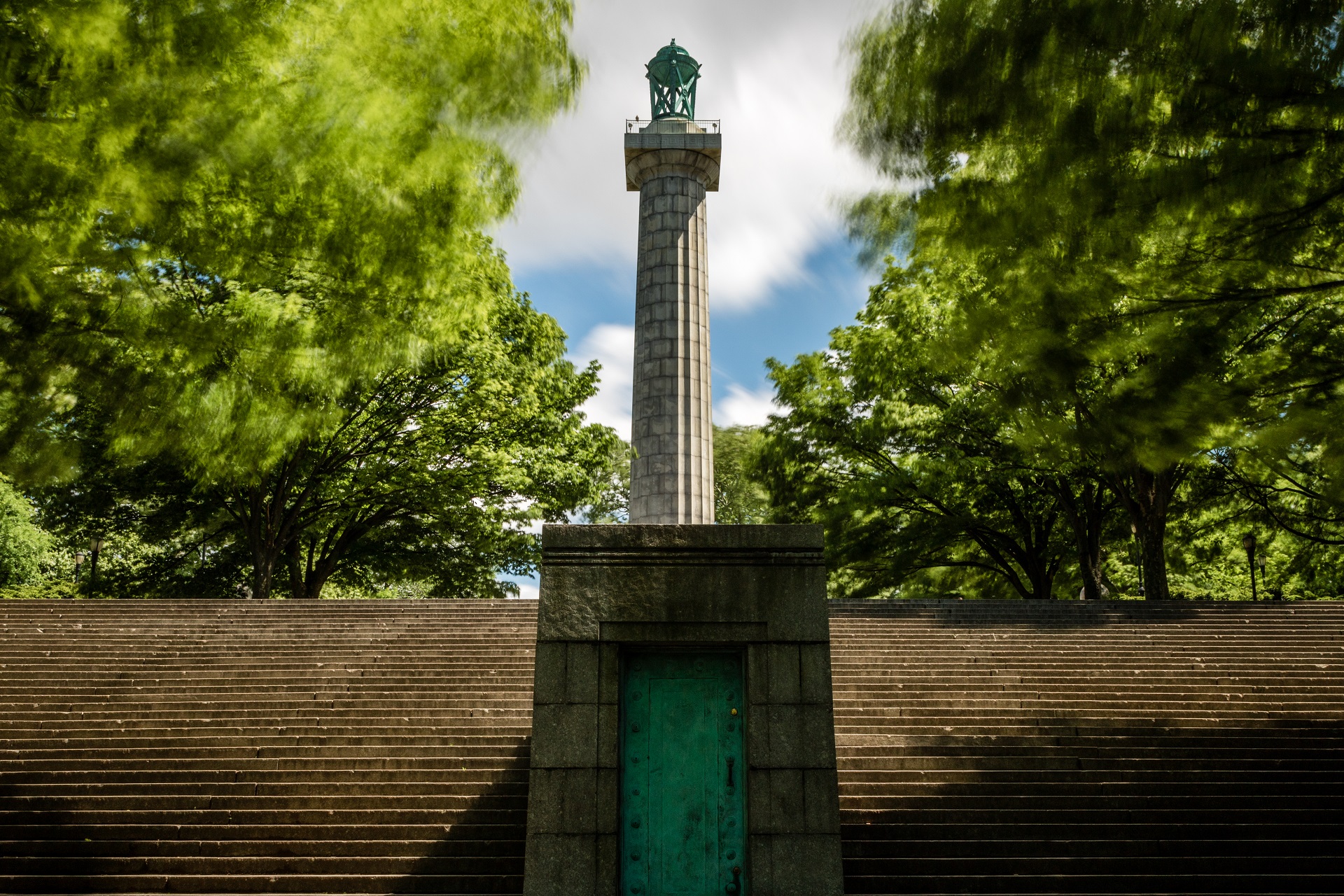Powerful acting lifts dark ‘Iceman’ at BAM

From left: Salvatore Inzerillo, James Harms, Nathan Lane and Brian Dennehy appear in “The Iceman Cometh” at the BAM Harvey Theater. AP Photo/Brooklyn Academy of Music, Richard Termine
It may take the Iceman a long time to arrive, but in director Robert Fall’s powerful production of “The Iceman Cometh,” the waiting takes place with unforgettable company, including Nathan Lane, Brian Dennehy and John Douglas Thompson.
The entire excellent ensemble from the well-received 2012 production at Chicago’s Goodman Theatre is performing Eugene O’Neill’s dark, nearly five-hour 1939 classic through March 15, in its New York premiere at the Brooklyn Academy of Music (BAM).
